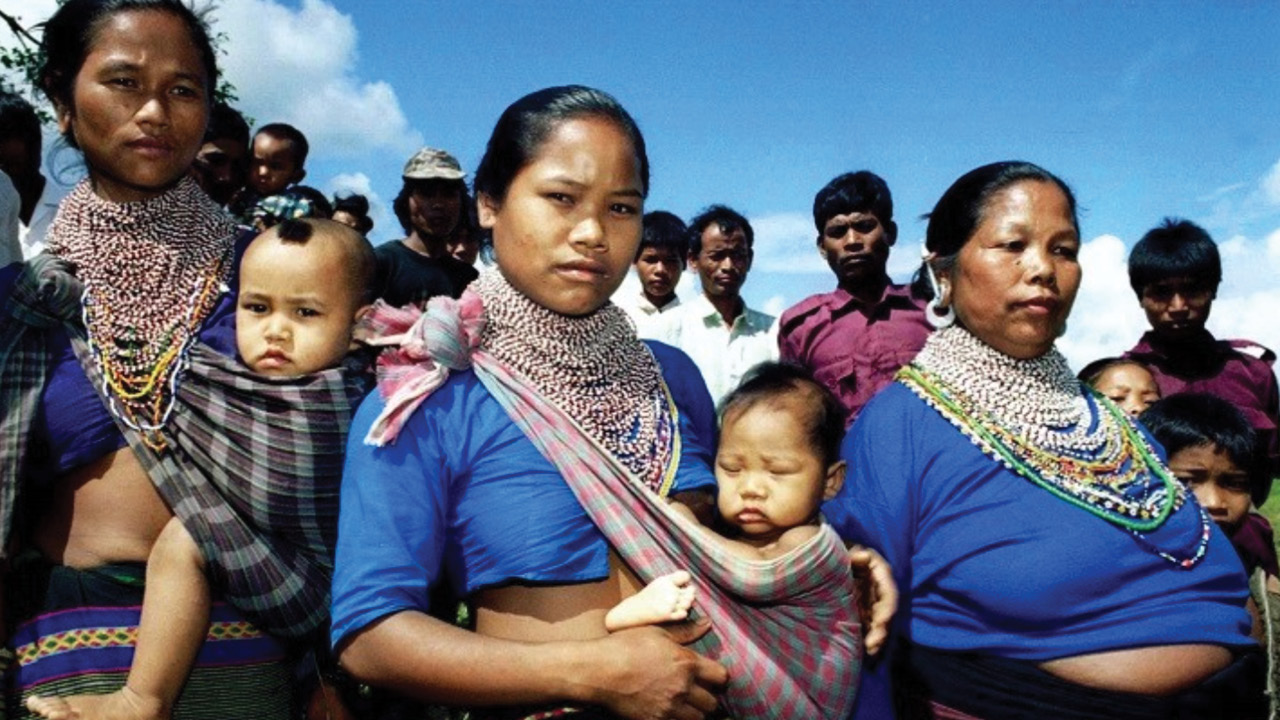A Step Towards Improving Livelihood by Providing Flour Mill in Hilly Areas – Tribal Development Department, Chhotaudepur

With the implementation of the portal, the DBT MIS portal has brought a considerable difference in monitoring the performance
Problem
- In the Chhotaudepur district, tribals faced difficulties in day-to-day household chores like grinding grains due to the unavailability of flour mill
- There was a threat to the life of tribal women as they have to go to hilly and mountainous regions for routine necessities
- People in these areas lacked awareness about government schemes
- Poor literacy rate and unavailability of required documents like caste and income certificate was another major problem
Solution
- A flour mill is provided to the needy at the village level and they are also guided to get the documents required to avail the benefits of the scheme
- Skill-based training was also provided to the tribal people for using flour mills
- Various tools and equipment were provided for pursuing traditional and other occupations in a better manner
- Many other benefits were also provided through the implementation of various schemes
Outcomes
- Flour mills helped to reduce the cost of grinding grains, increasing tribal people’s per capita income
- Flour mills at home provided safety to tribal women and empowered them too
- Because of this scheme, many issues were resolved leading to better road connectivity, improvement in literacy rate and increased awareness of government schemes among the people
- Almost 19,000 people benefited from this scheme and many more are benefiting as the scheme continues to work
Project Details
Category: Rural Livelihood
Project: A Step Towards for Improving Livelihood of Tribal People by Providing Flour Mill in Hilly Areas
Organisation: Assistant Commissioner (Tribal Development) Chhotaudepur
Start Date: 01-Nov-2018
https://tribal.gujarat.gov.in/
Problem
In the Chhotaudepur district, tribals face difficulties in day-to-day household chores like grinding grains due to the unavailability of flour mills. Some villages of Kawant and Chhotaudepur talukas in particular have unsuitable situations regarding this issue that makes tribal women more vulnerable. There is a threat to the life of tribal women as they have to go to hilly and mountainous regions for routine necessities. It is a time-consuming and laborious task as well. People in these areas lack awareness of government schemes.
Poor literacy rate and unavailability of required documents like caste and Income certificate was another major problem. In the District, there is no mobile connectivity and a lack of all-weather roads and affordable transportation.
Solution
Various initiatives were taken to ensure the welfare of the tribal population in the Chhotaudepur district. Under Manav Garima Yojana, the flagship scheme of the Tribal Development Department, a flour mill is provided to the needy at the village level and they are also guided to get the documents required to avail the benefits of the scheme. Flour mills enhanced the standard of their lives, reduced the time consumed in laborious activities and empowered tribal women. Skill-based training was also provided to the tribal people for using flour mills which helped women to reduce dependency on local resources.
Apart from this, under the same flagship scheme, different types of kits were provided to the tribal community. By providing various tools and equipment for pursuing traditional and other occupations in a better manner, these communities were helped in a major way. Many other benefits were also provided through the implementation of various schemes like housing for individuals, pre-matric, post-matric scholarship, food bill, instrument assistance for tribal students, Government Boy’s and Girl’s Hostel, Adarsh Nivasi Boy’s and Girl’s Schools, providing bicycle under Vidhya Sadhana Yojana for standard 9th girls. Manav Garima Yojana provided Medical Assistance for TB, Leprosy, Cancer, Sickle Cell Anemia and also provided subsidies to disease victims.
Outcomes
Flour mills helped to reduce the cost of grinding grains, increasing tribal people’s per capita income. Moreover, flour mills at home provided safety to tribal women and empowered them too. It reduced dependency on other local sources to get the job done. It also increased the standard of life of these people. Also because of this scheme, many issues were resolved to lead to better road connectivity, improvement in literacy rate and increased awareness of government schemes among the people. Chhotaudepur district has around 80% of tribal population, out of which initially 19,000 people benefited from this scheme and many more are benefiting as the scheme continues to work.

